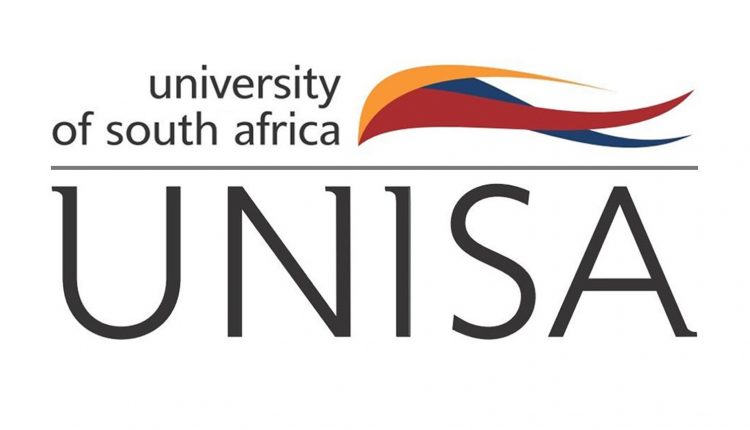University of South Africa’s student leaders encourage mental health awareness
The Student Social Development Programme recently held a Mental Health Awareness Workshop at the university’s Durban Campus. The office of the Dean of Students, led by Dr Olwethu Sipuka, oversees various aspects of student affairs and plays a central role in coordinating programmes and initiatives for student development at Unisa. The Directorate of Student Development is responsible for designing and implementing programmes that promote Unisa students’ overall well-being and social development. The Acting Manager for Student Governance oversees student governance matters, typically involving working with student representative bodies and fostering student participation and engagement in decision-making processes.
The Higher Health Education & Training Health, Wellness and Development Centre collaborates with educational institutions to provide health, wellness and development services to students. They partnered with Unisa for this workshop, bringing their expertise and resources to support student well-being. The collaboration for this workshop involved the Dean of Student’s office; Dr Joyce Myeza, Regional Director from the KwaZulu-Natal Region; the National Student Representative Council (NSRC); and the Regional Student Representative Council (RSRC), which represents students within the KwaZulu-Natal Region.
The collaboration indicates a commitment to student well-being and social development at Unisa, with various stakeholders coming together to organise and facilitate the workshop to benefit the student community.
Landile Samkelisiwe, President of the NSRC, said, “Unisa remains the biggest institutional brand in the country, and all stakeholders play a pivotal role in ensuring that the university continues to triumph under any circumstances.” She added: “Today we are gathered for mental health awareness. The student leadership initiated this programme after observing that many students undergo difficult situations but are still expected to excel academically.” The NSRC, therefore, started the initiative to change the status quo and rehabilitate students through their academic journey.
Student leadership and facilitators
The Regional Student Representative Council Chairperson, Lungi Nhlenyama, emphasised the significance of the Mental Health Awareness Campaign for student leaders. Recognising and addressing mental health concerns among student leaders is crucial for their overall well-being and effective leadership. Prioritising mental health awareness for student leaders benefits the leaders and the entire student community. Student leaders often juggle multiple responsibilities, which can lead to burnout and feeling overwhelmed.
By promoting mental health awareness, they can learn to manage their time effectively, set boundaries and seek assistance when needed, thereby ensuring a healthy balance between their leadership duties and personal well-being. Nhlenyama said by creating a supportive and inclusive environment, fostering self-care and recognising the importance of mental well-being, student leaders can positively influence the overall educational experience for themselves and their peers.

